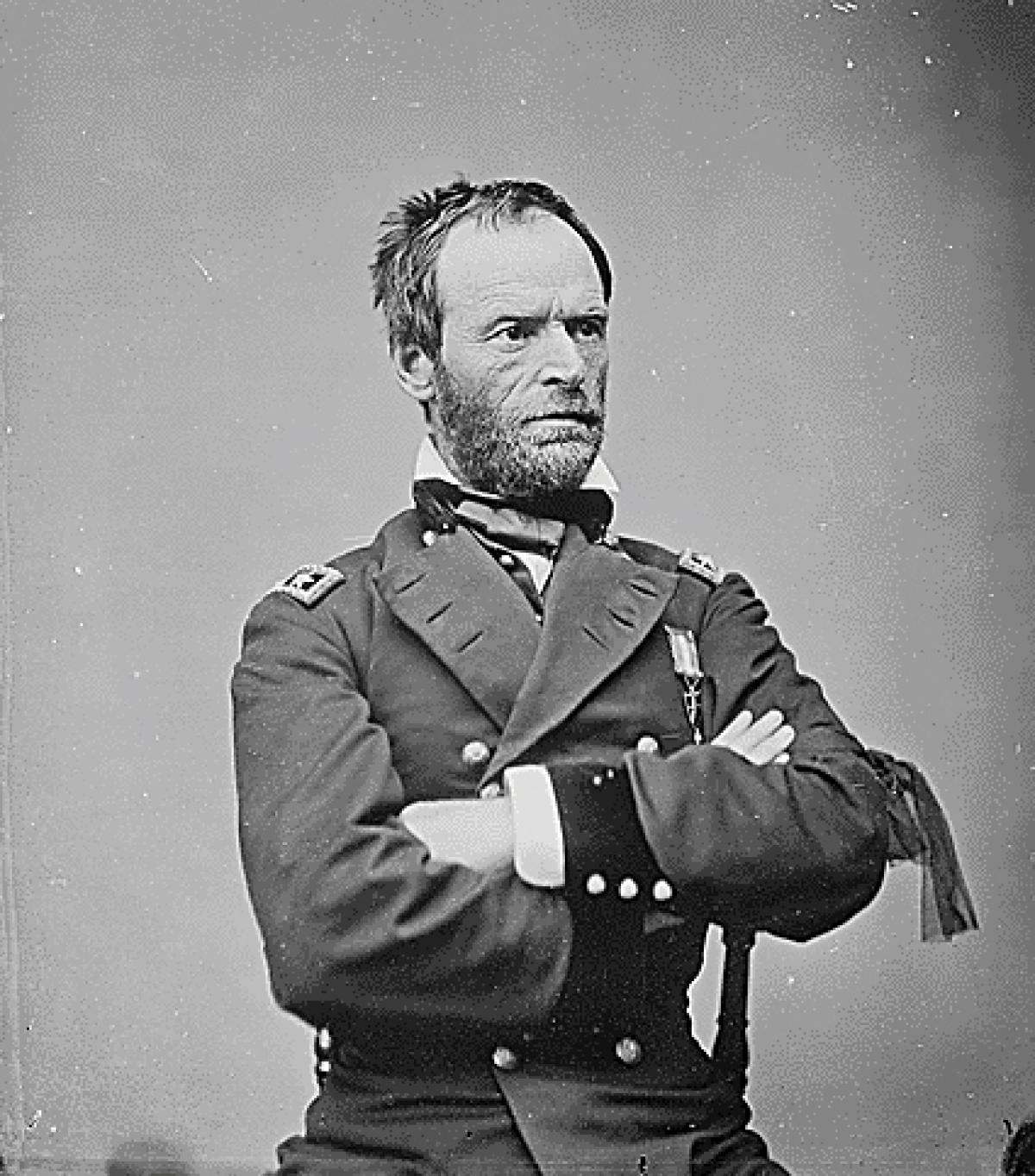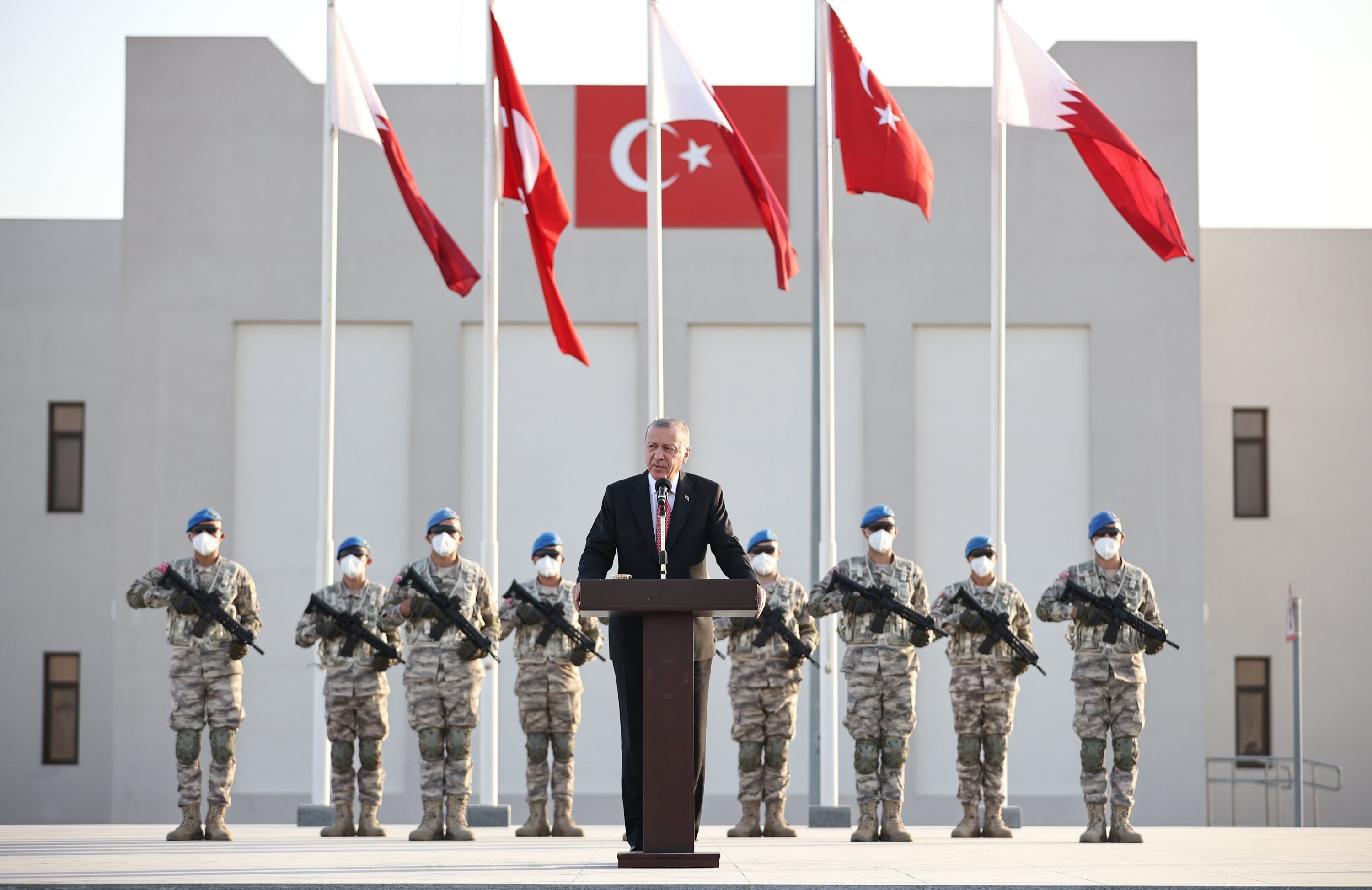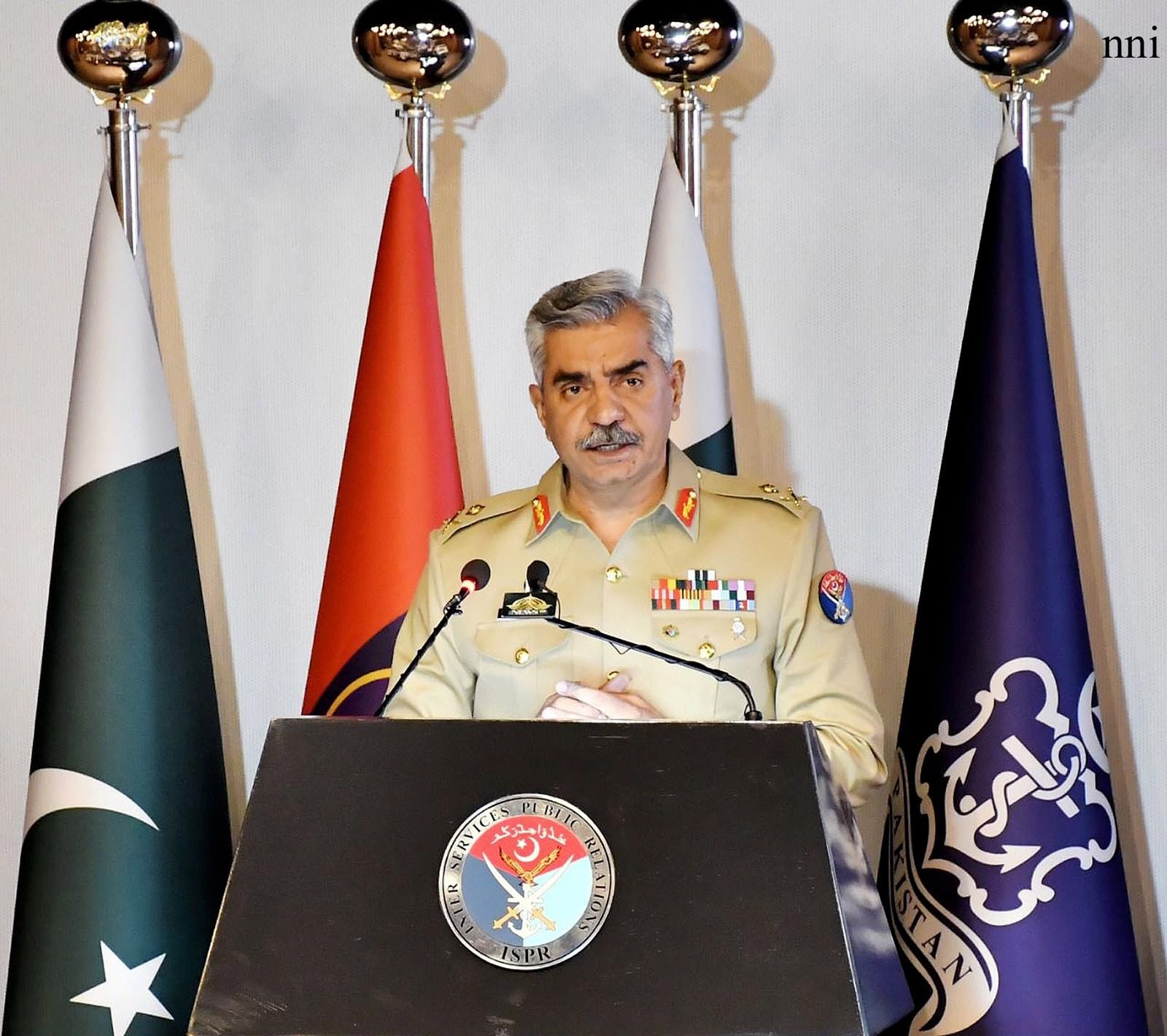Military In Politics - On August 3, 1972, President Richard Nixon and Henry Kissinger sat down to discuss the Vietnam War. First doubling down on past blood and treasure, the war in Southeast Asia has long been a strategic dilemma. The president encouraged his national security adviser to be "very cool about it." With the rapid expansion of the Soviet Union and the opening up of China, Nixon wanted out. And he's willing to take "almost anything" to get Vietnam off his plate.
To catch "We must also know that winning the election is important," Nixon warned. The South Vietnamese government "won't last forever," but if it falls before November of this year, it could spell trouble for the president's hopes. "We need to find examples that have one or two things in place," Kissinger agreed. "After a year, Mr. President, Vietnam will be a backwater. If we decide, say, this October, January of '74, no one will care."
Military In Politics

It is an undeniable and indisputable truth that commanders must vote carefully when deciding military and diplomatic strategy. At the same time, presidents holding the highest elected office must balance the competing goals of national interest and personal political survival. But while most analysts believe that votes "matter," how, why, and when they do is unclear.
The Politics Of Military Occupation
My ongoing research on the impact of electoral politics on conflict resolution aims to address this question. In a recent article
I outline two distinct ways in which the domestic political calendar shaped the development and implementation of military strategies during the Iraq War. Based on documents and interviews with senior officials, I argue that, first, President George W. Bush's decision to invade Iraq was delayed until mid-2006 due to concerns about the political implications of doubling down. suffered from All troops were withdrawn in 2011 amid political scrutiny that undercut a previous request to maintain the following capability in theater. Military advisors may not like it, but it's good to know the political constraints that apply to elected officials.
The idea of voting as an imperative issue for decision makers is not new. Since the human and financial costs of war are borne by the common people, they always suffer. In a democracy, elections allow voters to punish leaders for extreme aggression, forcing decision-makers to act more cautiously in controversial matters. And peace for fear of paying the ballot box later.
Recent work has explored the range of decision-making behaviors that emerge from this underlying logic. Political scientists have argued, for example, that democratic leaders choose when and where to fight. The decision to deploy troops abroad is easier in situations where the probability of victory is high or the casualty rate is low. During combat, selected personnel use military tactics to minimize the risk of troop casualties. By shifting the burden of fighting to allies, or in favor of light-footed paths that focus on technology, speed, and human control and reduction, it is possible to reduce the political costs of war. And by financing the war through mounting debt, U.S. agencies have been able to avoid the public debate that often divides the implementation of "war taxes."
Why The Us Military Is Supposed To Stay Out Of Politics
Taken together, these incentives seem to explain some surprising patterns in the war behavior of democracies—not least of which is the tendency to avoid wars when it comes to voting. After all, as Bush told troops in the Middle East in 2006, "You don't run for office in a democracy and say, vote for me, I promise to fight for you."
What does this job look like? Consider Bush's decision to invade Iraq. My research suggests that the deployment of approximately 30,000 additional troops and the adoption of a new anti-population strategy were delayed by at least six months due to concerns about the political risks of changing courses before the 2006 midterms. Electoral pressure also extends to cases where a candidate's name does not appear on the ballot papers.
Management's view that strategy needs to change is not in doubt. By the spring of 2006, Iraq was engulfed in civil war. The current military strategy, based on the desire to transfer security responsibilities to local forces as quickly as possible, has failed to curb the group's violent activities. Secretary of State Condoleezza Rice said, "It is very clear that there is no adequate military strategy in Iraq, or enough troops to cover the damage that we are trying to do." The president agreed. He told his national security adviser that this strategy would not work. "Let's find something new."

However, despite several attempts by the authorities to initiate a review of the way forward, a formal consultation process was not launched until November 2006. Although some individual agencies have begun their own reviews – internally, they are still bogged down in bureaucratic processes. Trying to establish information. At the presidential level, discussions will return to discussing minor amendments. "As the 2006 midterm elections approached, the Iraq issue was hot," Bush later explained, adding that while he knew change was coming, "I made policy after the election. And decided to wait until announcing personnel changes." In the June 2006 polls, only 6 percent of Americans supported increasing the military. Meanwhile, Republican leaders are urging the president to withdraw some troops as a political gesture. Bush knew that despite admitting that the situation was so bad that the administration was considering a change of direction that would be politically unpopular, the military might be unpopular. "The fighting will be fierce, and the casualties will be heavy," he wrote.
Army Chief Wants Change In The Relationship Of Military With Politics In Brazil
Intermediate stages are turning points in decision making. "Of course the day after the election," recalled a senior State Department official, "if the windows were open and fresh air came in." During National Security Council meetings over the next few weeks, the record will reveal a president with a new sense of humor. "I'm running the show," Bush said, referring to the troop deployment and promising an "extraordinary effort" to win.
The decision to scale up, which is believed to be one of the main reasons for the major improvements in security in the following years, was announced in January 2007. It has been a long time coming. "Everything that happened then," lamented one adviser, "could have happened a year ago or two years ago."
After four years, all US troops have been withdrawn from Iraq. But it didn't happen that way. Beginning in 2010, the Obama administration debated keeping troops in theater on advisory support missions designed to support local forces and conduct operations.
Yet over the course of several months, the White House insisted that the military's requests for a follow-up force be rejected. The administration wanted to avoid political problems and was seen to end the president's promise of what he called a "quiet war". As the 2012 election campaign season draws to a close, the holding of political power
The Military And Politics In Pakistan, 1947–86. By Hasan Askari Rizvi. Lahore: Progressive Publishers, 1986. 355 Pp. Appendixes, Bibliography, Index. $25.00.
Beyond the December 2011 deadline provided by the 2008 deal, the military will be strong enough to force the president out of office. While administration officials have cited legal concerns about traveling without prior approval from the Iraqi parliament, many question the claim in light of the 2014 decision to re-enlist in the military.
Such practice. "It's an excuse, a public explanation, that I believe has become a policy choice," former defense secretary Michèle Flournoy told me.
Obama's decision to withdraw all US troops is indicative of what I call the influence of electoral pressure on military strategic decisions. In situations where the president cannot delay, decisions to increase or maintain U.S. troop deployments will force him to reduce or eliminate volatile components.

The two decisions examined here are not the same—one is an increase in the ongoing war, the other is a decrease—but both reflect the president's inability to accept action that would require the military to withdraw as the election nears. is done after long-term efforts. These proposals are considered effective strategies, but the nature and timing of their adoption depends on the stage of the election cycle.
Sudan's Burhan: Army Won't Accept Political Deal That Undermines Constants
These results
Military intervention in nigerian politics, role of military in politics, ba in politics, media in politics, military and politics, military and politics in pakistan, transparency in politics, masters in politics, masters in international politics, masters degree in politics, volunteer in politics, military intervention in politics
0 Comments